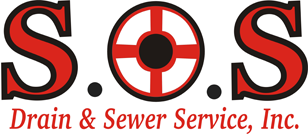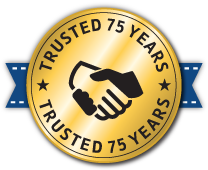For a long time, people have been told not to flush paper towels, baby wipes, and personal products down toilets, but there is a bit of confusion. The confusion lies in the popularity of bathroom wipes. They are the adult version of baby wipes and their packaging says they are flushable. However, they are causing even more clogs and backups in Minneapolis, Minnesota, and throughout the United States.
Wastewater authorities are once again warning individuals that the wipes may go down the toilet and may even say “flushable” on their labels, but they aren’t breaking down the way that they should in the sewer system. This is costing cities millions of dollars.
Eve homeowners and businesses are experiencing clogs due to the wipes not going down. This results in the need for a Minneapolis sewer cleaning company to come in and take care of the problem before it becomes an even greater issue.
In some communities around the country, officials set up basket strainers in pipes so they could determine which households were contributing to the problem. They mailed letters to those households, asking the residents to stop flushing the wipes.
The National Association of Clean Water Agencies represents hundreds of wastewater agencies and they said that they have been hearing complaints about wipes clogging small and large sewer systems for approximately the past four years.
This increase has coincided with the marketing of flushable cleaning cloths. They are advertised as being the cleaner and fresher alternative to toilet paper. The industry now racks in $6 billion a year. The growth of this industry is expected to continue.
While wipes are not the only problem clogging sewer lines, they are responsible for escalating something that was already an issue. Wastewater officials say that the problem is the packaging saying that the wipes are flushable. This tells the consumer that something that shouldn’t be flushed is flushable and it is resulting in communities replacing large sewer pumps and repeatedly needing sewer drains cleaned.
This issue has even gotten worldwide attention this year when a sewage system in London accumulated a 15-ton lump of wet wipes and grease. This lump was nicknamed “fatberg.”
The new complains have prompted a whole new look at the problem.
Up until now, the Association of the Nonwoven Fabrics Industry has had voluntary guidelines in place regarding the issue. The wastewater industry would rather these guidelines be mandatory. The new voluntary guidelines outline seven tests that manufacturers should use to determine which wipes are flushable and which ones are not.
Wastewater officials have one rule for determining what should and shouldn’t go down a toilet and it is rather simple – the very things that the sewer systems were designed to handle when they were installed in the old days.








